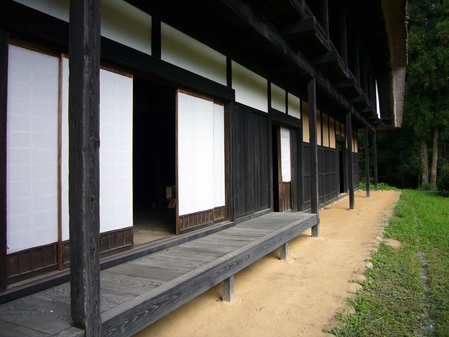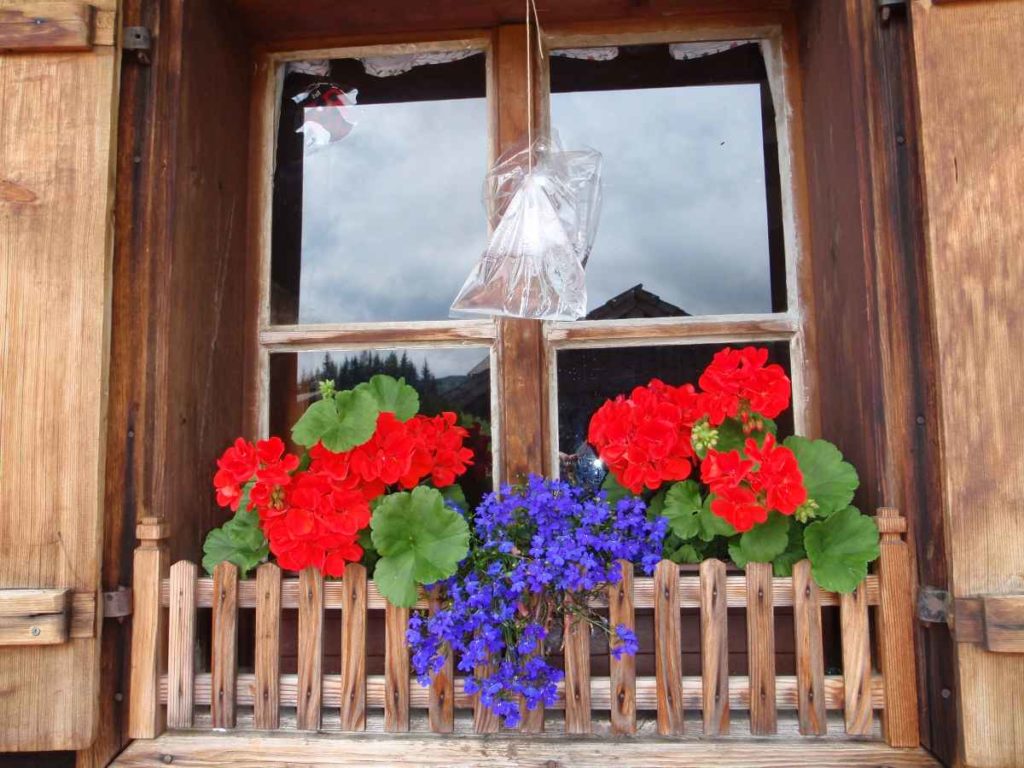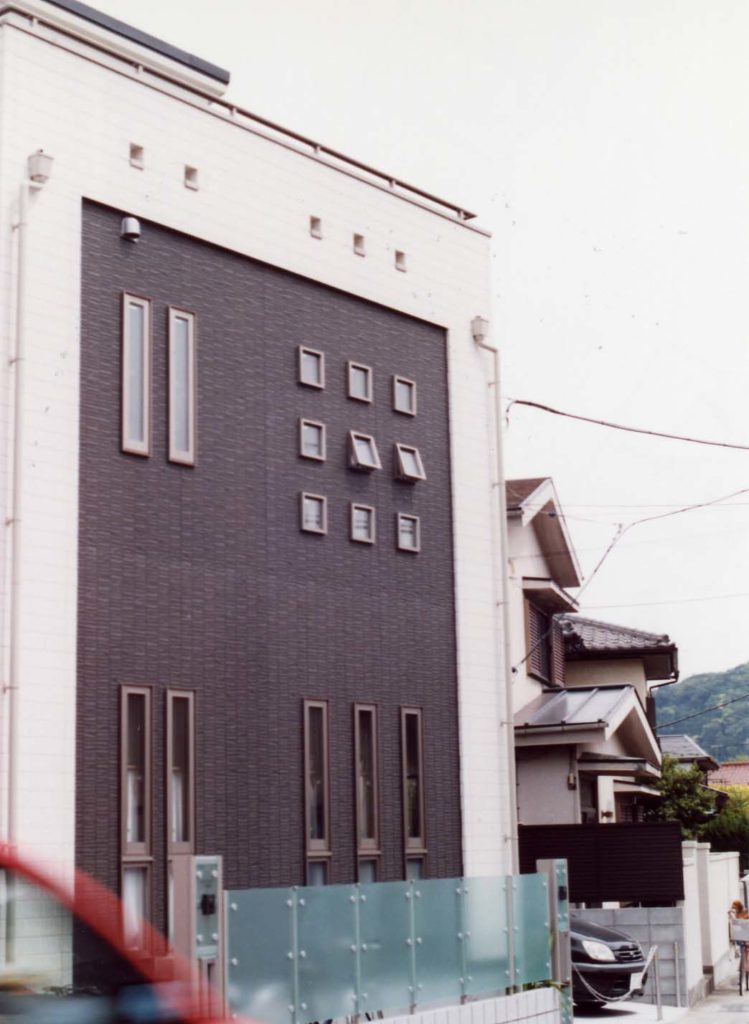“Translation is not about words – translation is about what the words are about.”
Throughout modern history a lot of things have been termed “common place” and been referred to uncountable times. Common place means that something is common, natural and understood by everybody. Yet, by definition that has to be restricted to specific people, cultures and times. Given this common place background, it might be worthwhile to think a little about the translator’s job. S/he has to transfer material, usually present in written form, from one language to another. Doing so in some specialized area with heavy use of technical terms can be a rather clear-cut endeavor, precisely because of the technical terms. Mostly they define in very succinct ways what there is to be said among specialists who know what they are talking about. Admittedly, this form of straight communication may at times be endangered the very nature of the “specialists”, who are so good at what they are doing / researching that their minds sometimes jump ahead of their writings, leaving the translator (and reader) wondering how to fill in the gaps. The real problems start, when you are talking about something considered very simple, namely common place concepts. So, if I as a German in Germany for example call to my family “let’s sit down to dinner”, it would be natural, or common place, to think of people sitting on chairs around a table. Yet, that may not be true for regions outside Europe and America. Here in Japan, if I use the same words to ask my family to sit down, that would mean sitting with legs tugged under on the floor. The same person uses the same words and they still mean different things. Please observe that “common place” refers to a place, where people share “common ground“. Elsewhere in the world people may sit down to dinner, but do neither really sit on the floor or chairs nor use a table. This is the time when the “common sense” and finesse of the translator kicks in. S/he has to decide where the source material originated from, where it is headed and what it is being used for. Often the translator does not have all this information. Also, if a person/translator has a working knowledge of the target language, but does not live or has been living in the region where the particular language is spoken, s/he may not be completely aware of all the aspects of sometimes verbally not expressed common places.



